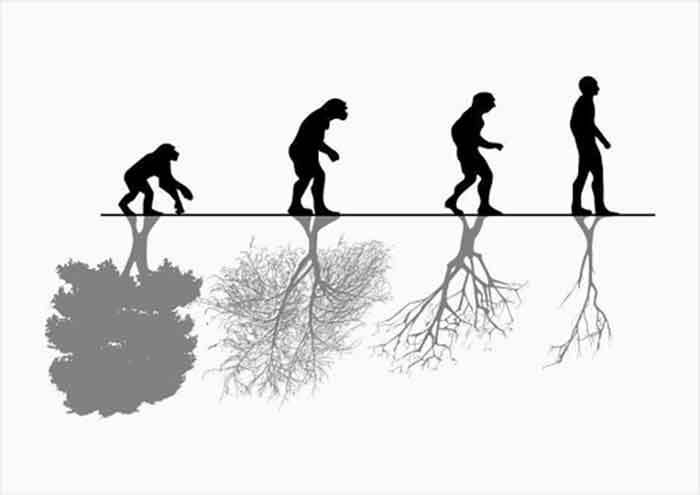
If you feel pain then you are alive. If you feel the pain of others then you are human.
Leo Tolstoy
Similar profound statements about the nature of humans have been made in all cultures in all formats. It is there in folklore, songs and dances, fiction, arts and architecture, photographs and films. A film like ‘Darsu Ujala’ by Kurosawa combines several art forms: indigenous wisdom, art of the written world and cinema. All of this is brought to you in a cinema hall, on your table on a computer or even in your hand through a smart phone!
Yet this very technology has helped some humans to exploit other human beings and nature. Even more worrisome is that it has corrupted ordinary human beings including children. They have become slaves to consumerism, using enormous human and natural resources in a wasteful manner. Today this has reached a breaking point. Humans have occupied more than 90% of Nature’s resources, and have polluted water, soil and air. A third of human society lives in famine conditions, many species have become extinct and life on earth is endangered.
Has it always been like that? Is there a hope for survival of humanity with ethical values? These are the burning questions of today.
Humans have been around for 300, 000 years. Until recently, that is, until 9000 years ago, they lived in self managed small communities. Concepts of God, religion and state/governments etc have come since then. So 97% of the time humans did not know God, religion or state. Thus they were ‘atheists, irreligious and anarchist’ people! What happened in between and in recent times?
Man has the capacity to modify nature much more than any other species. Around 9000 years ago this capacity of Man became significant and man began to ‘exploit’ nature. Through a complex social process exploitation within the species also began and thus emerged what Frederick Engels described as ‘Origin of Family, Private Property and State’. There has been rebellion also among human species from the beginning.
This exploitation of man by man reached a very high level in the last 300 years and at the same time rebellion and revolution also reached high levels. In the latter half of the 20th century exploitation of nature also reached a very high level. Rachael Carson’s book, ‘Silent Spring’ was the first important book of this kind which exposed this in a significant way. Since then in the last 20 years it has become clear that all this has become unsustainable and we are on the verge of collapse. The only way to achieve a sustainable and just world is via a Transition Towns movement. The required sustainable social form must be based on mostly small, highly self-sufficient and self-governing, cooperative local communities, willingly embracing far simpler lifestyles and systems. There are several similar movements all over the world. There are hundreds of intended communities based on permaculture and anarchism. There are small governments like Chiapas and Rojava which are examples of larger projects. Cuba too represents a similar large project. In Russia there are ‘eco villages’. In India hundreds of large and small people’s movements have made millions of people aware of the dangers of ‘development’ and the virtues of self managed sustainable communities. On the other hand the ruling classes are also ruthlessly pursuing their project of the ‘fourth industrial revolution’ and the struggle for power is threatening a world war and nuclear Armageddon.
Humanity is at crossroads and it is up to us, up to each one of us which way humans will go. These efforts will define ‘what does it mean to be human’.
T. Vijayendra (1943- ) was born in Mysore, grew in Indore and went to IIT Kharagpur to get a B. Tech. in Electronics (1966). After a year’s stint at the Saha Institute of Nuclear Physics, Kolkata, he got drawn into the whirlwind times of the late 60s. Since then, he has always been some kind of political-social activist. His brief for himself is the education of Left wing cadres and so he almost exclusively publishes in the Left wing journal Frontier, published from Kolkata. For the last nine years, he has been active in the field of ‘Peak Oil’ and is a founder member of Peak Oil India and Ecologise. Since 2015 he has been involved in Ecologise! Camps and in 2016 he initiated Ecologise Hyderabad. He divides his time between an organic farm at the foothills of Western Ghats, watching birds, writing fiction and Hyderabad. He has published a book dealing with resource depletions, three books of essays, two collections of short stories, a novella and an autobiography. Vijayendra has been a ‘dedicated’ cyclist all his life, meaning, he neither took a driving licence nor did he ever drive a fossil fuel based vehicle. Email: [email protected]










































